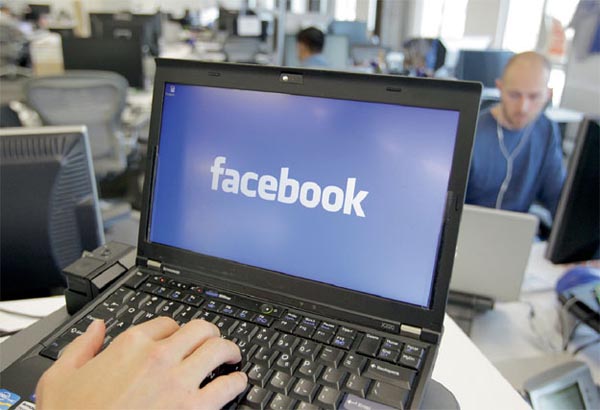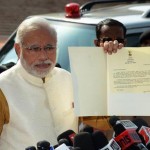
Nearly 30 per cent of individuals participating in the survey considered social media to be the primary source of news.
Social media platforms and conventional media are complementing and competing with each other like never before in this age of convergence as users of social media across the Arab world reached 71 million by the end of 2013 out of a total of 135 million individuals using the Internet, according to the Arab Social Media Outlook 2014.
“Social media is actively competing with conventional media as a primary source of news for millions of Arabs. Nearly 30 per cent of individuals participating in the survey consider social media to be the primary source of news, which is similar to the percentage of individuals considering conventional media outlets as the main source of news,” said Fadi Salem, Director of the Governance and Innovation Programme at the Mohammed Bin Rashid School of Government (MBRSG) and co-author of the report.
The Arab Social Media Outlook 2014 report was released on Tuesday by the Dubai Press Club (DPC) and the MBRSG.
“The report takes into perspective the wide spread of social media platforms and its relation to the media scene in the Arab world. It also sheds light on new communication trends and (the spread of social media) poses a challenge to media professionals to constantly update their news-gathering procedures, especially at a time when the public have the tools to disseminate news info quickly,” Mona Al Marri, President of the Dubai Press Club and Chairperson of Arab Media Forum’s Organising Committee.
Dr Ali Sebaa Al Marri, Executive President of MBRSG, provided valuable insight into the social media platforms in the region and their role in the formulation of enhanced policies, supporting good governance and boosting social integration in the Arab world.
For example, Egypt topped the Arab countries with the largest Facebook user base in 2013 whereas the UAE recorded the highest penetration to population ratio of 54 per cent — an increase of one million users during 2013.
Muna Busamra, Director of the Dubai Press Club and Arab Media Forum, said that the report falls in line with the DPC’s strategy to present credible research information relevant to the field of media in the Arab world.
Social media in education
The MBRSG’s Governance and Innovation Programme also conducted a regional research survey with close to 4,000 participants focusing on the quality of education in the region; the use of technology and social media in classes; and the impact of interrupting education due to conflicts and political instability. The survey also collected views on education reform.
Racha Mourtada, Research Associate with the Governance and Innovation Programme at the MBRSG and co-author of the report, said education today depends on social media platforms to a considerable extent given the large number of users.
This has led to social media platforms becoming an essential driver for innovation and paved the way for the emergence of “social learning” and “open online courses” as creative means of the exchange of knowledge.
Over 75 per cent of participant post-graduates and professionals expressed willingness to share their knowledge with students through social media platforms.
Furthermore, the report reveals that 10 per cent of the respondents had children in schools that utilise social media platforms as education tools in classes.
Teachers also pointed out the importance of using the Internet and social media platforms as innovative means to help engage students in projects and participation, thus supplementing teaching methods.
Fifty-five per cent of teachers use social media platforms as a resource for education, whereas 56 per cent of parents expressed concern over the distraction that social media platforms create. Eighty-four per cent of the respondents saw that governments should cooperate with the private sector to ensure full access to the Internet in classrooms, and 77 per cent said that social media platforms should be included in education reform strategies.


